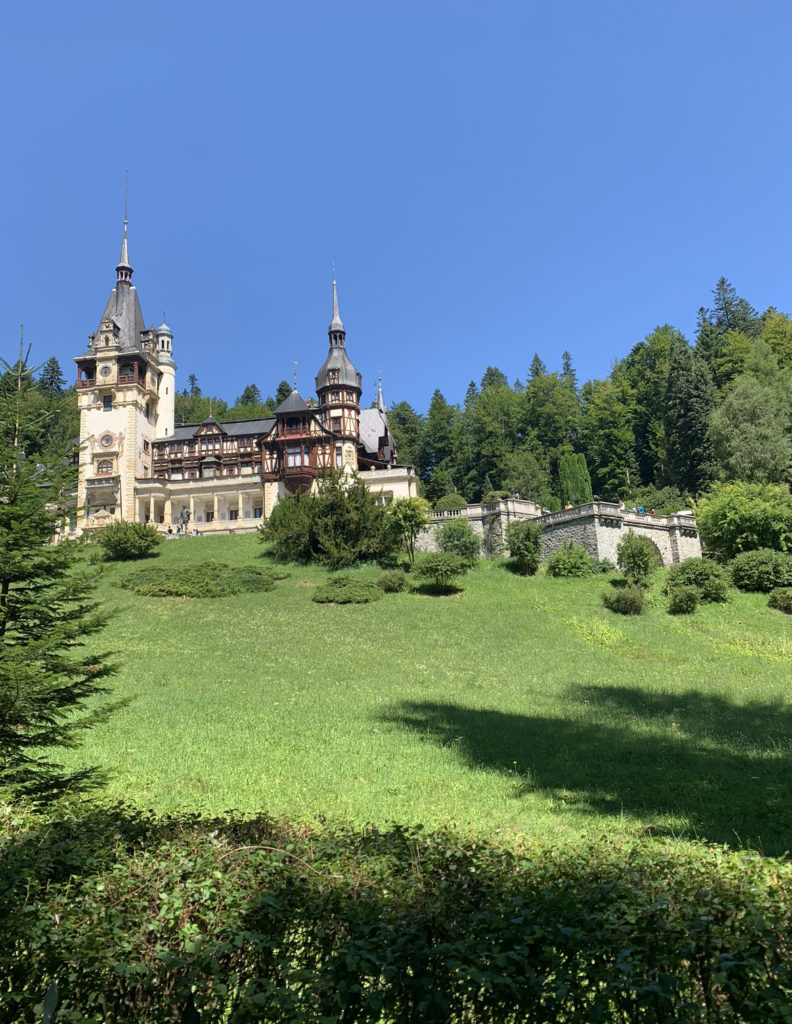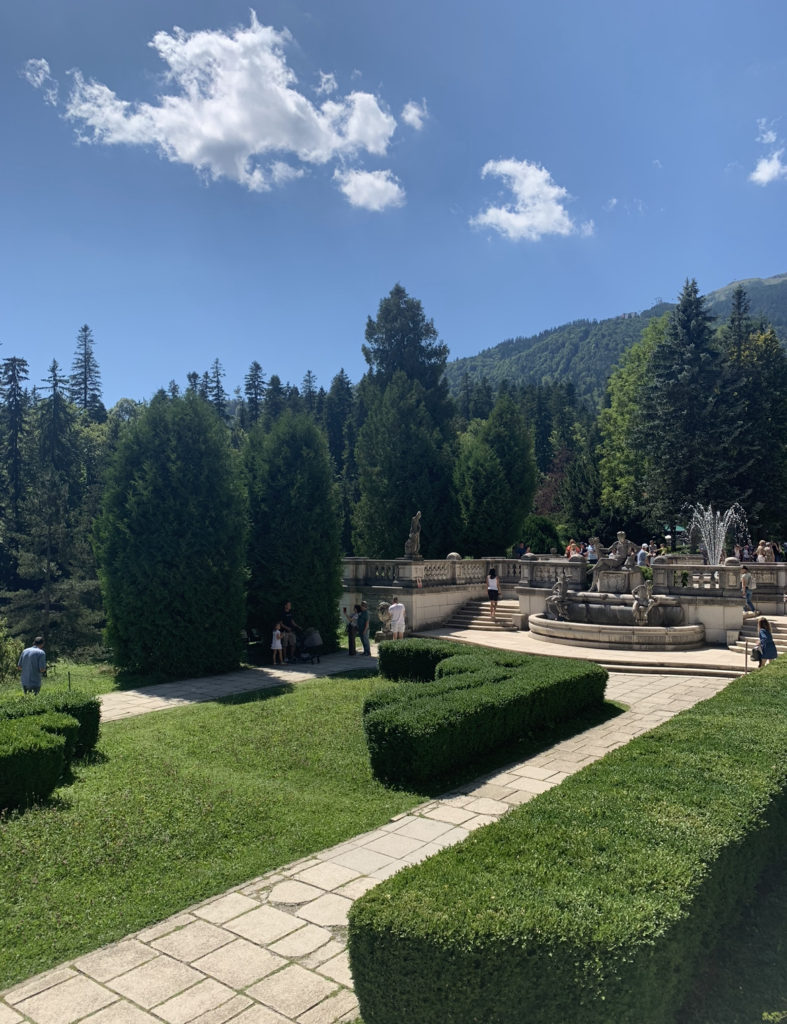It can be said that the relationship between relationship between knowledge and culture is circular and transactional in nature, both influence the other. Culture could be described as the aggregate of knowledge gained by a group of knowers over time, whilst knowledge is directly influenced by the culture the knower exists within.
An example of this can be found in Jersey culture. Jersey’s traditional existence as a island reliant on agriculture and fishing crafted a culture that valued knowledge of the land and the use of its resources, cultivating a culture famous for its contributions to these industries ( e.g Jersey royals, Jersey cattle, and the Fisherman’s ‘Jersey’ )

It is also noticeable that culture influences knowledge through the decline of traditional culture in Jersey, following the tourism boom that happened post world war II, as well as the financial explosion in the 60’s, the importance placed on traditional knowledge began to dwindle as Jersey’s culture moved away from agriculture. This traditional knowledge continues to become more and more limited over time, as Jersey and its culture become increasingly commercial.

The connection between culture and knowledge can be epitomised by the death of the Jèrriais language. Jèrriais represents the traditional way of life in jersey. In fact, Jèrriais was so localised that parts of the island had their own dialects of the language. Jèrriais was the primary language of jersey until the 20th century, however the influence of english residents, as well as the growth of the Jersey economy and tourism industry both contributed to the anglicisation of the island. Jèrriais was increasingly frowned upon as tourism and the finance industry grew. As the culture of jersey became increasingly anglicised and commercial, traditional knowledge vanished






